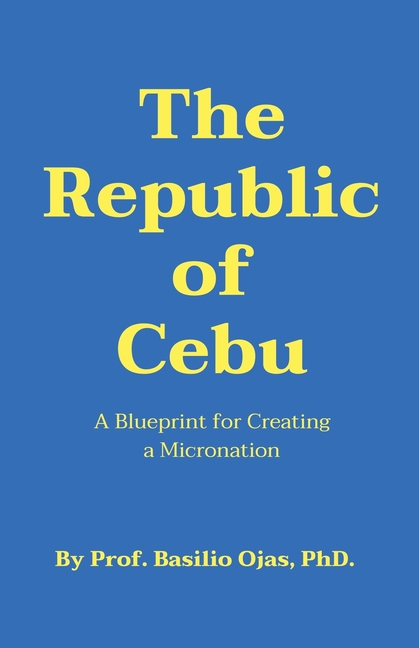Description
Throughout history, the idea of self-determination and autonomy has inspired countless individuals and regions around the world. Today, this desire to carve out a unique identity and establish independent governance is often pursued through the creation of micronations. Micronations are small, self-declared entities that claim independence from larger, recognized states, often for symbolic, artistic, or experimental reasons. Although most micronations are not legally recognized by other governments, they represent a fascinating exploration of sovereignty, identity, and governance.
The island of Cebu, a historically and culturally significant region of the Philippines, is an ideal candidate for a micronation. Rich in history, deeply rooted in its culture, and economically vibrant, Cebu could become a symbolic micronation that highlights its unique contributions to Filipino heritage while exploring concepts of autonomy and self-governance.
In this book, we will explore the practical, legal, and creative steps required to establish Cebu as a micronation. We will examine historical precedents, the role of national identity, the legal challenges that come with such a project, and the symbolic importance of micronations in modern society.
Whether you're a history buff, a political theorist, or simply someone with an interest in building a creative community, this book offers a comprehensive blueprint for turning Cebu into a symbolic micronation that stands out on the global stage.
Product Details
- Jul 15, 2025 Pub Date:
- 1764189701 ISBN-10:
- 9781764189705 ISBN-13:
- English Language




